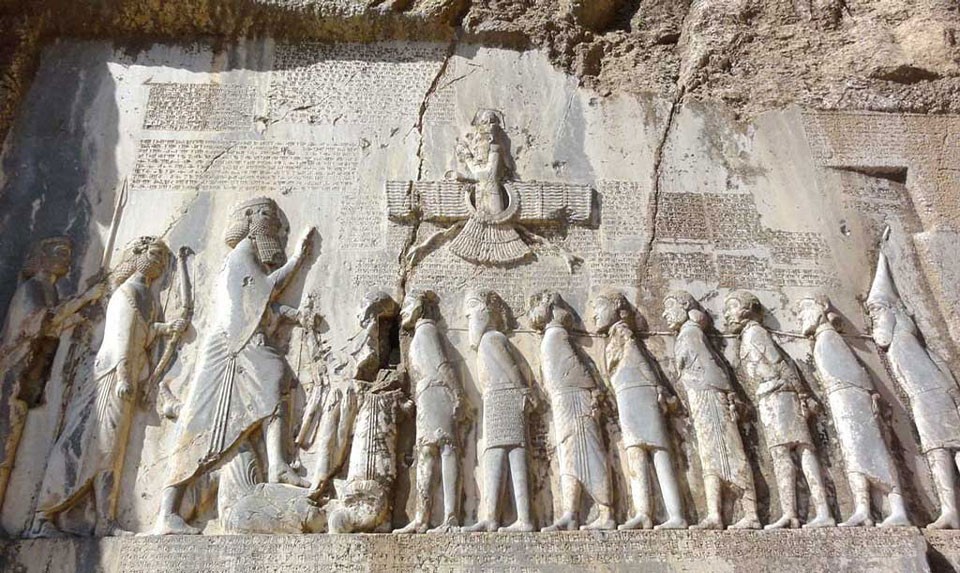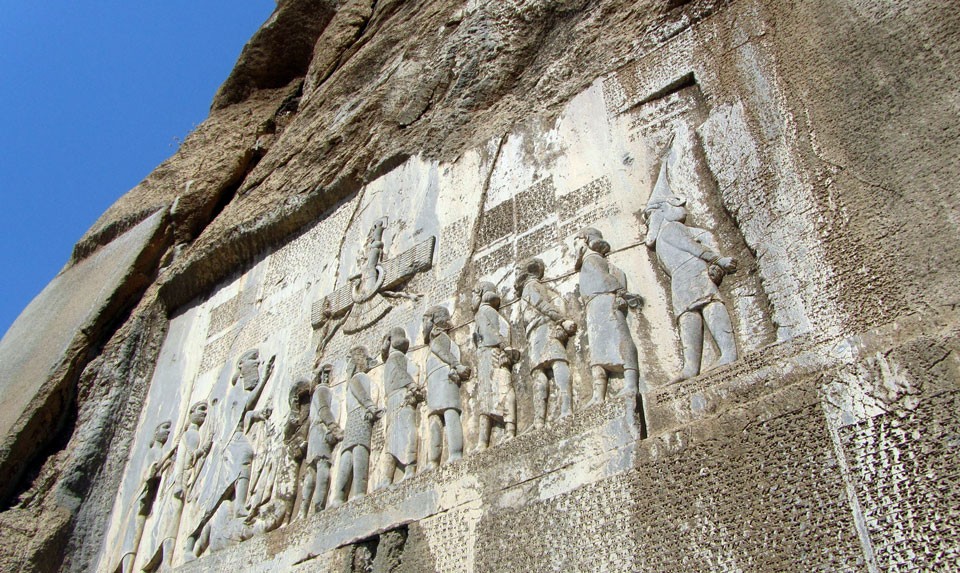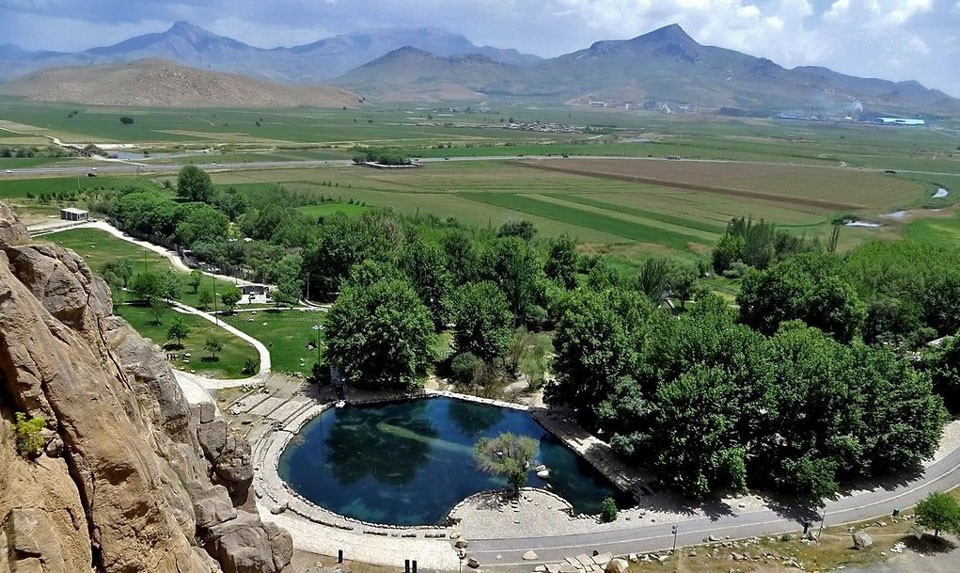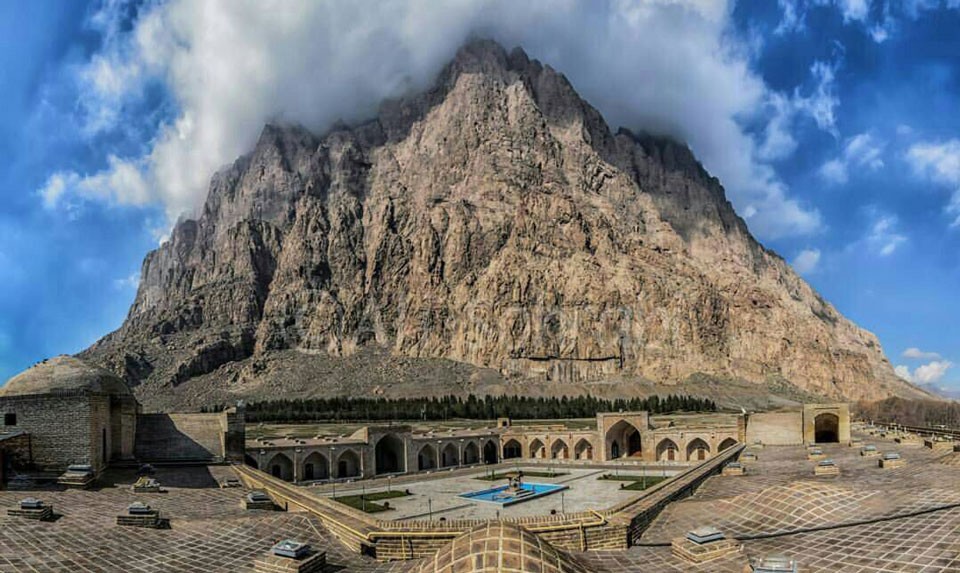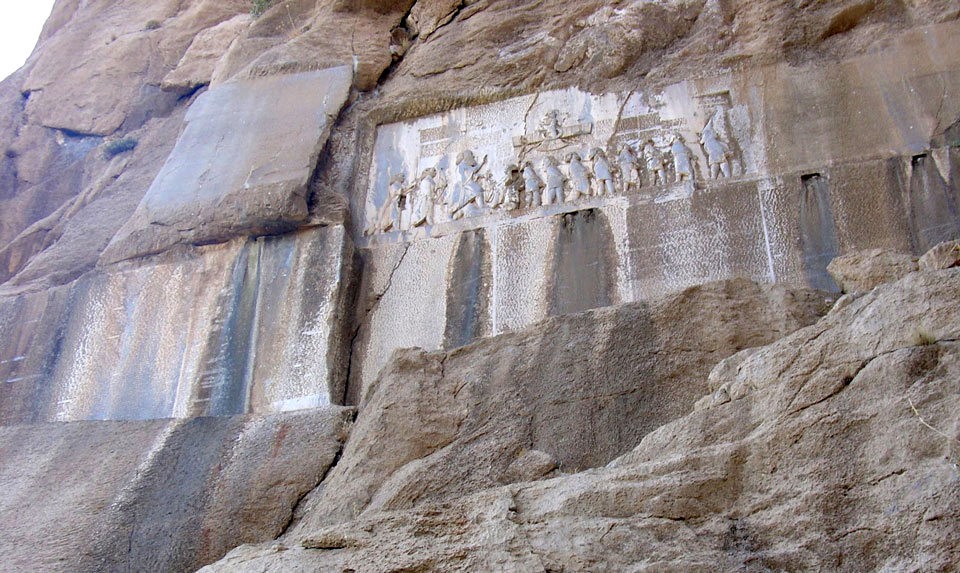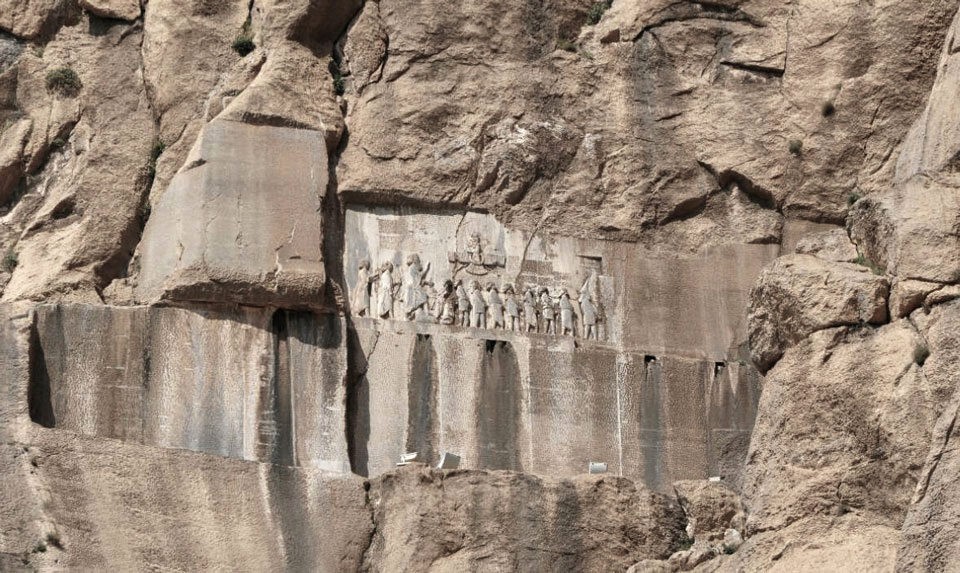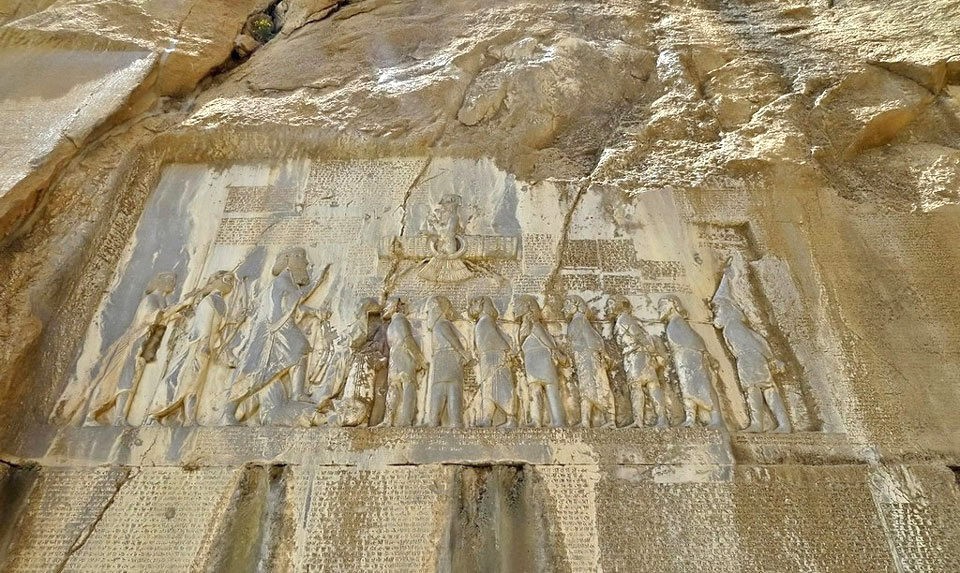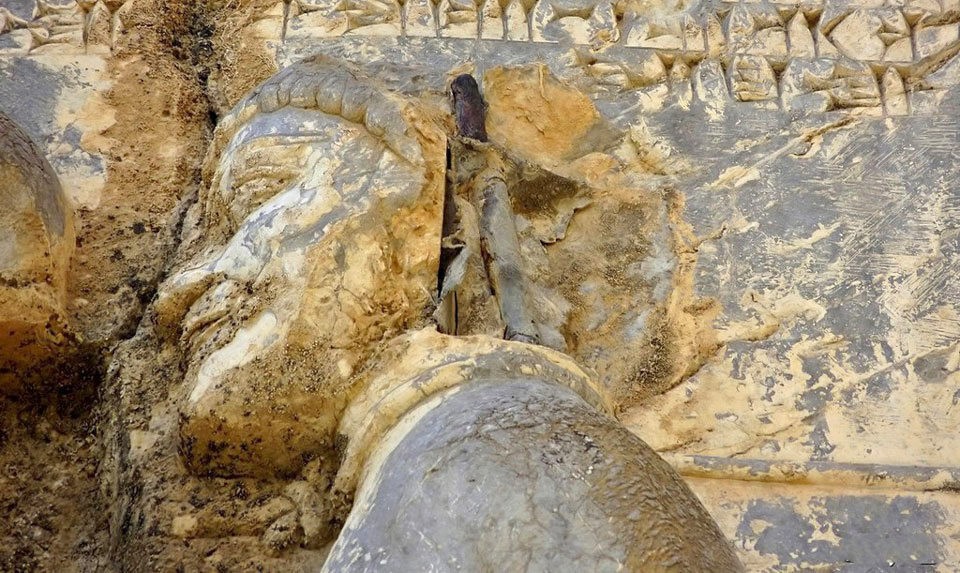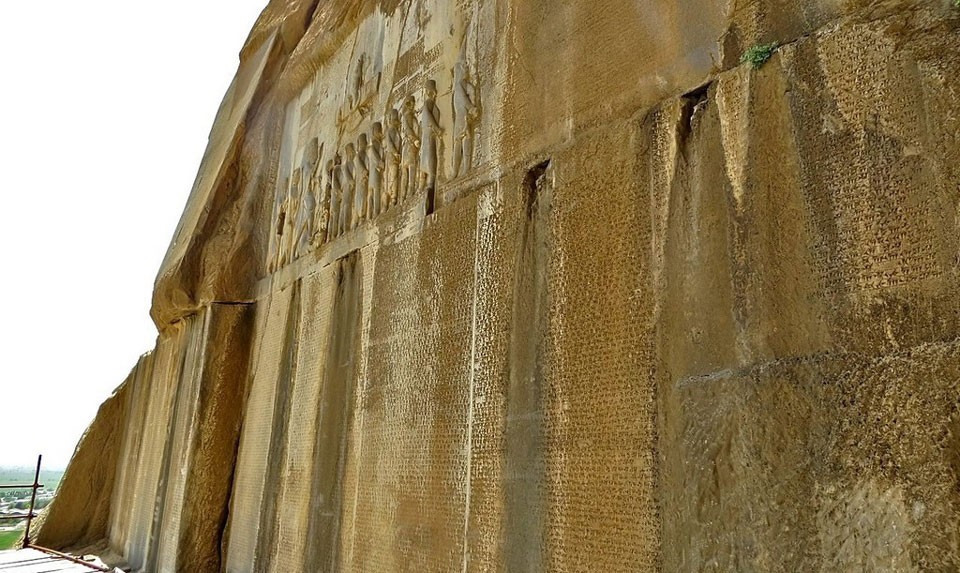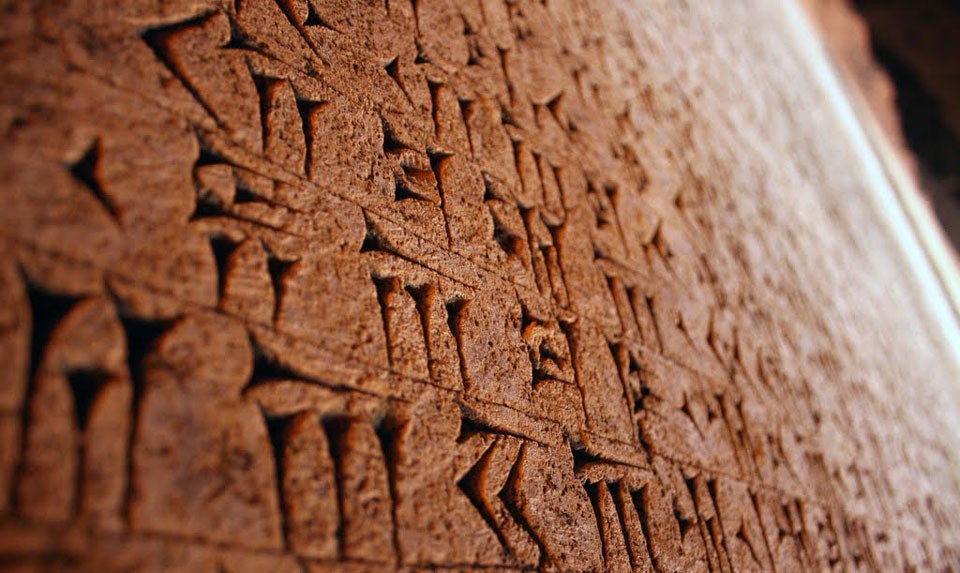The Armenian Arakha - The Last King Of Babylon
The last independent King of Babylon was an Armenian named Arakha, the son of Haldita, also known as Nebuchadnezzar IV. Arakha is translated from Armenian as “Crown Prince”, and the Ara variant is still a popular name in Armenia.
After the conquest of Babylon by the Achaemenids in 539 BC, some Babylonians made several attempts to rebel against the Persian conquerors. The first attempt was led by Nidintu-Bel, and was brutally suppressed by Darius the Great. Last resistance in 521 BC, headed by the King of Babylon, an Armenian named Arakha, known as Nebuchadnezzar IV.
On the famous rock of Behistun in Iran there is an inscription by Darius I, which tells about the uprising of Arakha and the subsequent suppression by Darius I. The inscription is made in three languages - Old Persian, Elamite and Akkadian.
On the relief from the Behistun rock, Arakha is depicted as the sixth of the rulers of the rebellious regions defeated by Darius I.
According to the Behistun inscription, a certain Arakha, the son of Haldita, posing as Nebuchadnezzar, the son of Nabonidus, raised an uprising in Babylon. In the Persian and Elamite versions of the inscription, he is called Armenian, in Akkadian - Urartian.
What is interesting, besides the fact that the Armenian was trying to liberate Babylon from Persian conquest, is the name of his father Khaldita. It clearly bears the name of the supreme Urartian deity Khaldi. The suffix “ta” probably comes from the Armenian “tal” - “to give”. Just as today one could say “Astvats-ta” in Armenian, which means “God gives”, in the old days, when the Armenians worshiped Khaldi, they would most likely say “Khaldi-ta”. This makes Haldita a “gift of God”, a name familiar in many languages, such as the Slavic version - Bogdan (given by God) or the Armenian version of Astvatsatur.
The stories about Arakha definitely confirm the hypothesis that the Armenians and the inhabitants of the Kingdom of Van, the Urartians, were the same people, and that the toponyms Urartu and Armenia are simply synonyms for the same kingdom. In addition, the data obtained as a result of genetic analyzes of the ancient Urartian burials found in the bones correspond to the genetic composition of modern Armenians.
